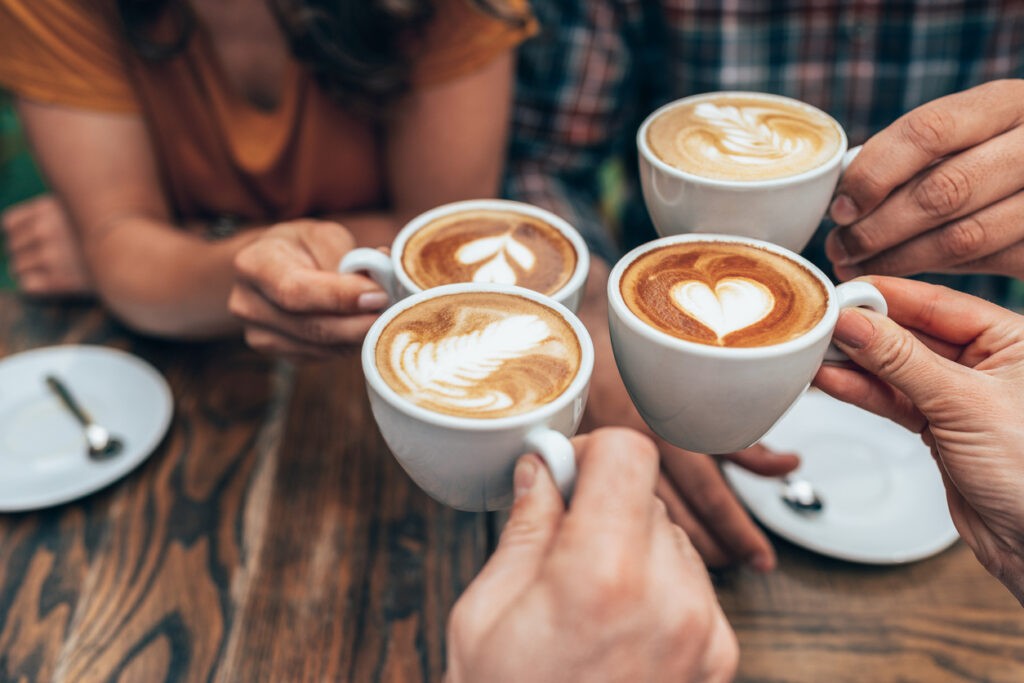18/06/2024
18/06/2024

NEW YORK, June 18: Do you know what your teen is drinking? If they’re enjoying coffee, energy drinks, and bubble teas, they might be consuming too much caffeine. Dr. Christina Brown, a pediatrician with Kaiser Permanente, highlights this growing concern among teenagers.
"I see teens going on group dates to coffee shops and they have a favorite coffee drink that they enjoy," said Dr. Brown. "They don’t really realize how much caffeine is in it."
Dr. Brown references a recent national survey conducted by the C.S. Mott Children’s Hospital in Ann Arbor, Michigan. The survey found that 1 in 4 parents reported their teen consumes caffeine every day or nearly every day.
Dr. Brown urges parents to understand the dangers that excessive caffeine intake poses for young people. "I really see a lot of children with sleep issues these days," she said. "So, the first thing I ask about is how much coffee or caffeine they could be consuming."
Beyond sleep issues, excessive caffeine can increase a teen’s heart rate, heighten anxiety, and cause reflux, according to Dr. Brown. Many parents are unaware of their teens' caffeine consumption, as it is often hidden in desserts and specialty drinks like Boba teas.
"Are they going for that chocolate ice cream before bed?" Dr. Brown asked. "There’s a lot more caffeine in coffee compared to chocolate — but it all adds up, especially if you’re having it regularly."
Teenagers often reach for caffeinated drinks because they’ve become a favorite beverage, their friends drink them, or they use caffeine to stay awake. "I hear about teens having coffee or soda after school when they’re feeling tired and about to settle into their homework," said Dr. Brown. She recommends alternatives such as "trying to go for a walk or drink some ice water instead of those caffeinated drinks."
The American Academy of Pediatrics advises against teenagers consuming drinks with caffeine. According to the Mott report, experts suggest a limit of 100 milligrams per day for teens. However, some popular energy drinks can contain about three times that amount or more in a single can.
Dr. Brown advises parents to talk with their children about the dangers of too much caffeine and suggests teens kick the habit gradually. "You don’t want to go cold turkey," she said. "And if you’re drinking a lot of caffeine, you could end up with some withdrawal headaches. Just each day, try to drink a little bit less until you’re able to avoid it altogether."


